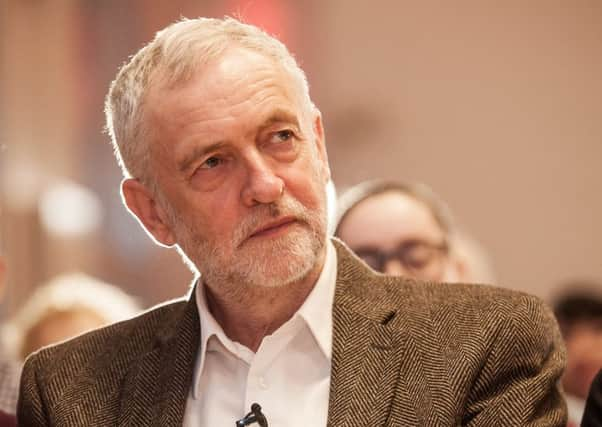Leader comment: Labour's manifesto has fundamental flaw


That was certainly the mood last week, when a leak of Labour’s manifesto prompted endless wisecracks about a return to the 1970s. But when the document was officially released yesterday, the mocking tapered off. The party has pledged heavy investment in schools, the NHS, and childcare; the building of 100,000 affordable homes each year; support for the renewal of Trident; an immediate guarantee about the status of EU nationals in the UK; and likely reform of council tax and business rates.
And part of the bill for some of these big ticket items footed by those who can most afford to pay it.
Advertisement
Hide AdAdvertisement
Hide AdNone of this is off-the-wall, and for anyone looking for an alternative to the Conservative strategy, it presents a clear option.
A quick look at the reaction from opponents confirmed there was less than expected within Mr Corbyn’s offering to be seized upon and savaged. Theresa May said Labour’s sums didn’t add up; the Lib Dems said it was a let-down on Brexit; and the SNP said the manifesto was full of “headline-chasing policy announcements”, hardly a crime.
But there are three problems with the stall Mr Corbyn has set out. Mrs May is right to question the cost of this huge increase in public spending, because even Labour officials admit that they do not know if tax revenues will cover costs.
The second issue is the level of borrowing. An extra £250 billion will frighten off voters who are already concerned about the future impact of the UK deficit.
But the biggest difficulty Labour has with the manifesto is the man who has come up with it. While the measures it contains are not necessarily radical in themselves, collectively they do represent what we can describe as a radical alternative. And to succeed, such an agenda needs a convincing and persuasive voice to champion it.
Voters are being asked to take a leap of faith, as is always the case at a time when significant change is proposed. As well as suitable and potentially attractive policies, an election campaign needs an inspiring leader who looks like a Prime Minister. Under Mr Corbyn, that is a leap of faith too far for too many.